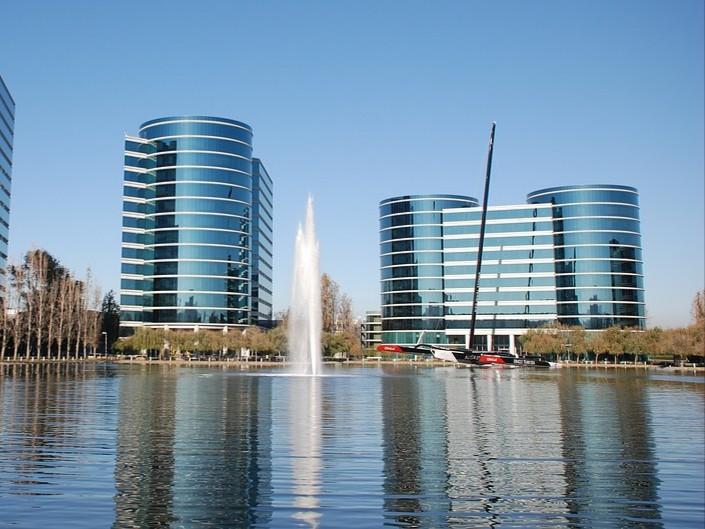Why Silicon Valley Income Inequality Is Just a Preview of What’s to Come for the Rest of the U.S.

A team of researchers at the Everett Program at UC Santa Cruz studied federal and regional income statistics and found that in Silicon Valley, wages are sliding backwards rather than following the rise in the cost of living.
The just-released report showed that wages for 90 percent of Silicon Valley workers (all levels of workers except for the top 10 percent) are lower now than they were 20 years ago, after adjusting for inflation. That contrasts heavily with the 74 percent increase in overall per capita economic output in the Valley from 2001 to 2017.
Middle-income workers — those in the 50th and 60th percentiles — were hit hardest. Their wages were up to 14 percent lower in 2017 than 1997. Workers performing duties that take higher levels of skill didn’t see as much of a drop in most cases. The top 10 percent of earners actually saw wages climb.
The rich keep getting richer.
Basically, it looks like business owners are keeping more of the profits from growth, at workers’ expense. The report concludes the Valley economy is shifting away from middle and upper wage positions. It’s moving towards less skilled, lower wage jobs. As a result, people feel chronically economically insecure in the Valley. And, the jobs that are becoming more available do less to alleviate that insecurity.
Why is this happening? Researchers say it’s rooted in today’s business models:
Incentives and relationships that have been created over time to form the business models underlying the information economy. Several fundamental characteristics of markets in which information and knowledge are key sources of business competitiveness themselves create inequality, volatility and insecurity.
So in other words, the system is rigged to make the rich richer. According to the report, companies that rely on networks to reach large numbers of customers (like Airbnb or Facebook) don’t have to pay much to reach the people on their network, so they end up keeping more of the profit. However, the people on the network are what create the value. Not to mention many markets are prone to creating monopolies (Like Google in search or Uber in ridesharing).
Additionally global tech giants bring in enormous revenues, but resources are not available to local service industries which support the tech giants. The local businesses face highly competitive markets and can’t raise prices for fear of losing customers.
Silicon Valley is a canary in a coal mine when it comes to income inequality.
You may think this is just San Francisco or Silicon Valley’s problem. You’re wrong. Research shows this is happening everywhere innovation is taking place – all over the country. Silicon Valley is just a canary in a coal mine. As a longtime resident, I can see the Bay Area is just facing income inequality and other issues more intensely because there’s a greater concentration of technology firms here.
Brookings’ Metro Analysis of 100 urban areas proves the point. It examined income inequality and found it’s in every major city where entrepreneurship thrives. New York City, Los Angeles, Austin, Seattle and Raleigh are just some of the cities facing the issue. In some cases, those in the top five percent of the income spectrum made more than 18 times what people in the bottom 20 percent made.
For example, Seattle, home of Amazon and Microsoft, sees its share of income disparity, rent increases, and homelessness too. It’s not difficult to see that what happens in one technology hub, happens in the others.
We need to help the people left behind due to income inequality.
So what can we do about this? In short, we need to spend less energy helping only a small percentage of the considerable talent that created this success, and work to help groups of people left behind.
Researchers from the Everett Program study made several recommendations. They include:
- Raising the minimum wage by even more
- Stimulating middle-income job development through new policies and investment
- More sustainable hiring practices
The authors also say that monopolistic tech firms must do more to help the ecosystem of companies on which they rely. This often includes suppliers, manufacturers, and service providers.
I have my doubts that income inequality will start to fade, but there is some hope in the form of changing attitudes. On the San Francisco ballot this November is a measure that would force large companies to help pay for homeless shelters in the city. Salesforce CEO Mark Benioff is a proponent of the measure, but Twitter CEO Jack Dorsey has criticized it. It remains to be seen whether the voters pass this, but if they do, at least some support waits in the wings.



